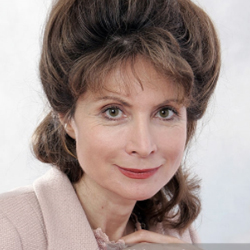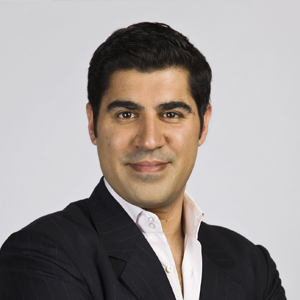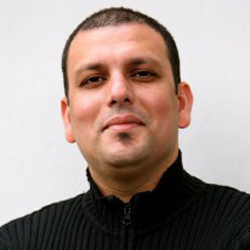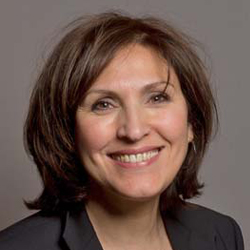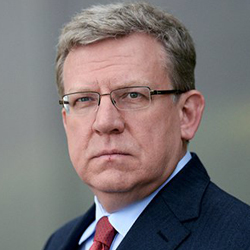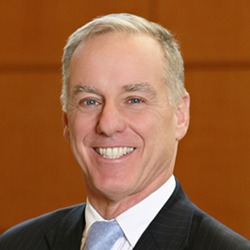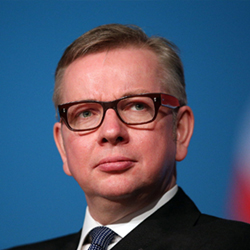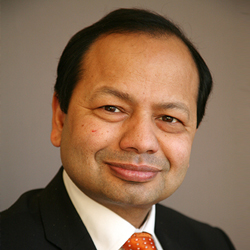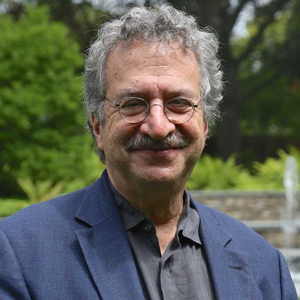Monique Canto-Sperber has solid expertise in the management of institutions, first as the director of an elite university in France, the Ecole Normale Supérieure, and then as the head of a new university, Paris Sciences et Lettres.
She has published several books and is regularly asked to give presentations for companies and private organisations. She served as Vice President of the French National Ethics Committee for several years and is the editor of two series published by the Presses Universitaires de France (Philosophie morale and Questions d’éthique).
Monique is a voice in French public debate. She was for many years the editor of a radio program on French Culture and appeared regularly on television (Public Sénat). She writes for newspapers and currently holds a research position at the French Centre for National Research. She has received numerous distinctions and is a correspondent of the Royal Academy of Belgium.
Monique studied in France, first at the Ecole Normale Supérieure, then at the Sorbonne where she graduated with a PhD. She completed her academic training with lengthy research stays at British and American Universities. She first studied classical Antiquity, publishing works on the theory of knowledge and moral concepts in Greek thought, before orienting her research towards contemporary issues in ethics, politics, the economy and public policies in contemporary society as well as in international ethics and ethics of war.
She has published several books related to these subjects (translated in several languages), such as Moral Disquiet and Human Life (on new forms of responsibility, 2007), Que peut l’éthique ? 2008, Le Bien, la guerre et la terreur 2005, L’idée de guerre juste 2008 (on radical forms of violence), Vies et destins 2010, Sans foi ni loi 2015 (on difficult moral choices).
Monique has also worked extensively on the liberal tradition and its adaptation to contemporary reality (Les Règles de la liberté 2003, Le libéralisme à gauche 2008). She has been deeply committed to issues related to bioethics, and worked on many occasions with physicians, researchers and lawyers (Naissance et liberté 2008, avec René Frydman). She edited a 1,500 page bestseller on practical ethics and moral philosophy, regularly republished and revised, Dictionnaire d’éthique et de philosophie morale, 1996-2005. She has received several academic distinctions.
For the last twenty years, Monique has been involved in committees and think tanks dealing with complex practical issues for which public awareness is growing and which require public regulation. She has sat on numerous committees which dealt with difficult questions (Should violence and pornography be banned from television? Should judges take an oath which includes ethical rules? What are the fundamentals of basic education?). When she was vice president of the French National Ethics Committee, many critical issues came under scrutiny such as the extension of pre-implantation diagnosis, the patenting of biological material, and regulations applied to blood and organ donations. She has also served as a member of several boards in public institutions (Bibliothèque nationale de France) and newspaper group, such as the Groupe Roularta-Express.
Since 2005, Monique has been engaged in the management of higher institutions. Appointed head of the Ecole Normale Supérieure (ENS), one of the most prestigious institutions in France, she had to deal with a serious financial crisis which she successfully resolved and her directorship contributed to the revision of ENS’s fundamental mission. Involved in the university reforms enacted in France since 2007, she played a leading role in the creation of a new university, Paris Sciences et Lettres, which was shortly afterwards awarded “Initiative d’excellence”. Formed by combining several elite institutions, this pioneering university, endowed with new training and research programs, led the way for experiment in institutional innovation.
Monique was awarded Officier dans l’ordre de la Légion d’Honneur, Officier dans l’Ordre National du Mérite et Chevalier des Arts et des Lettres for her services paid to French institutions.
